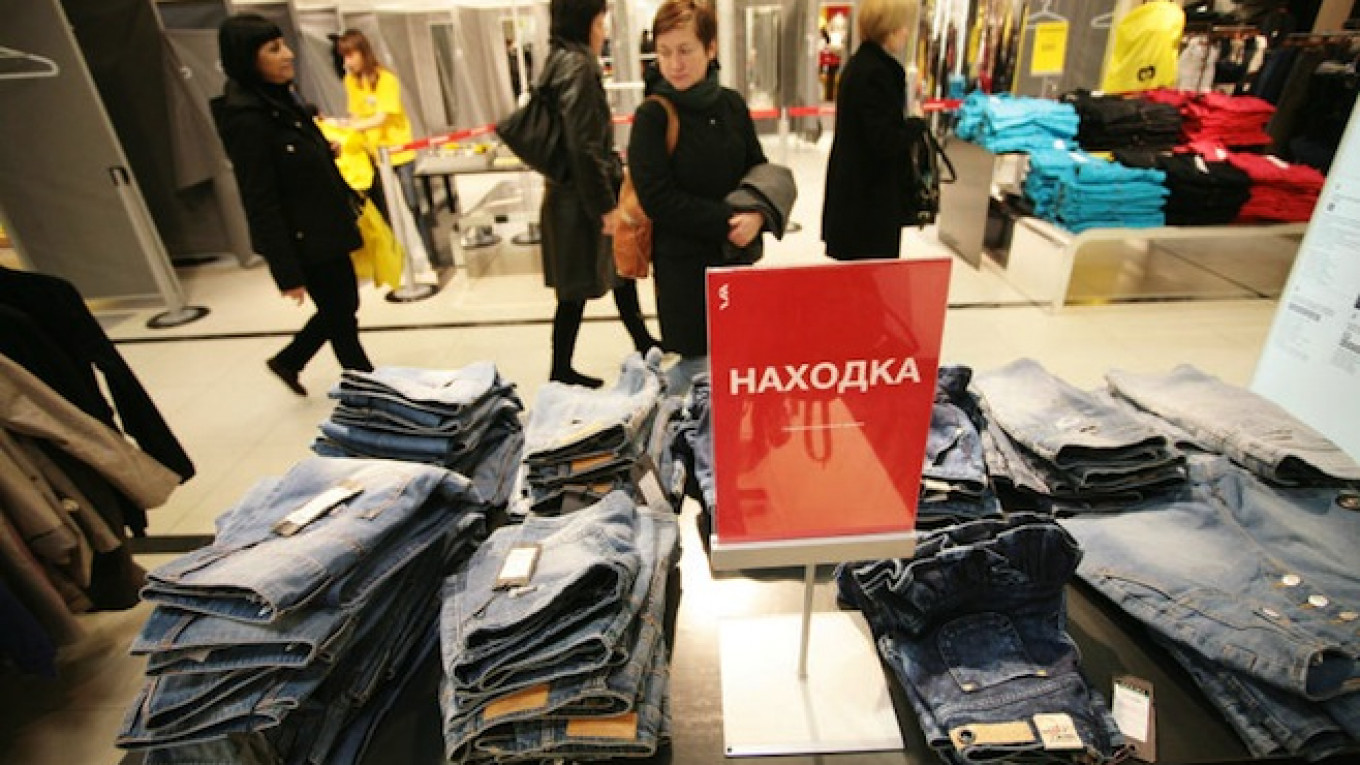Finnish department stores and fashion chain group Stockmann said it will close fashion shops in Russia and seek to sell its mail order business as part of a strategy review, sending its shares higher.
Stockmann has been hard hit by customers shifting from relatively upscale department stores to online shopping, while the weakened Russian rouble and recession in Finland have exacerbated its problems.
Its chief executive Hannu Penttila stepped down in August and the company kicked off a strategy review.
It said on Thursday it would close 16 remaining Seppala fashion stores in Russia and would look at strategic options for the loss-making chain, which has annual sales of around 120 million euros ($152 million).
It said it would focus on its bigger fashion chain Lindex, for which it nominated new board members.
It also said it was seeking a buyer for its mail order business Hobby Hall, with sales of 100 million euros.
Shares in the company, still down 19 percent this year, rose 4.7 percent to 8.98 euros in early trade.
Sauli Vilen, head of research at Inderes Equity Research, said it looked like Stockmann was preparing to shed all its fashion businesses.
"Seppala is in a very bad shape [and] ... The changes in Lindex management indicate they are preparing to sell that chain," he said. "Stockmann needs money to cut debt and focus and reshape its core department store business."
Stockmann said it would continue the strategy review until year end and the process of appointing a new CEO was proceeding.
Stockmann in August forecast its full-year profit will drop significantly from last year. In 2013, Stockmann had sales of around 2 billion euros and operating profit of 54 million euros.
Just under half of Stockmann's sales come from Finland, with Russia, where it has seven large department stores, accounting for 16 percent.
A Message from The Moscow Times:
Dear readers,
We are facing unprecedented challenges. Russia's Prosecutor General's Office has designated The Moscow Times as an "undesirable" organization, criminalizing our work and putting our staff at risk of prosecution. This follows our earlier unjust labeling as a "foreign agent."
These actions are direct attempts to silence independent journalism in Russia. The authorities claim our work "discredits the decisions of the Russian leadership." We see things differently: we strive to provide accurate, unbiased reporting on Russia.
We, the journalists of The Moscow Times, refuse to be silenced. But to continue our work, we need your help.
Your support, no matter how small, makes a world of difference. If you can, please support us monthly starting from just $2. It's quick to set up, and every contribution makes a significant impact.
By supporting The Moscow Times, you're defending open, independent journalism in the face of repression. Thank you for standing with us.
Remind me later.


